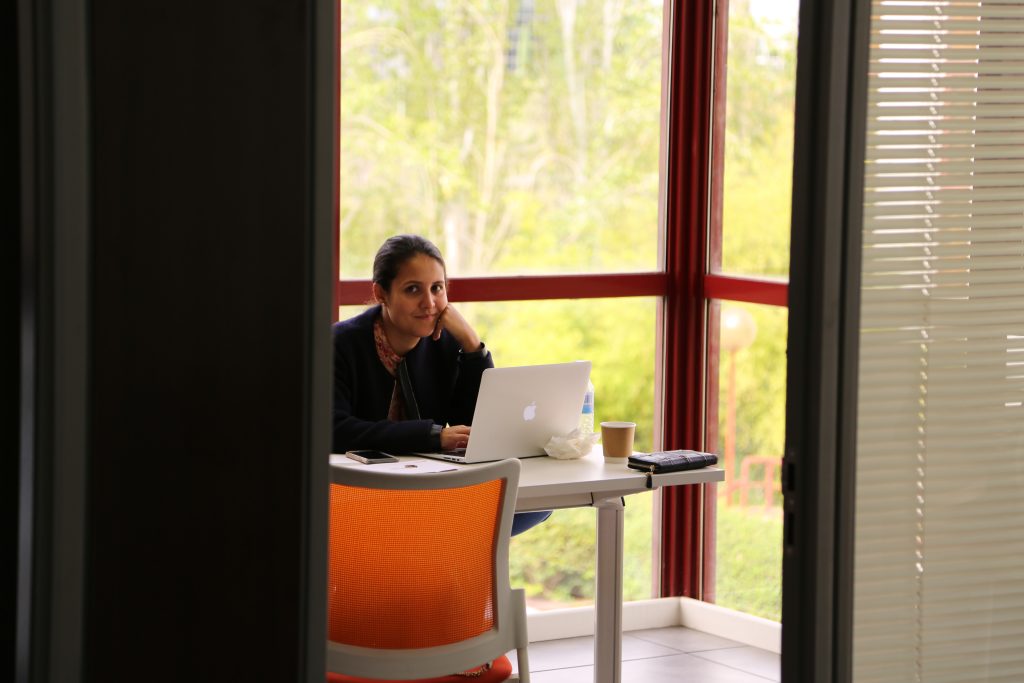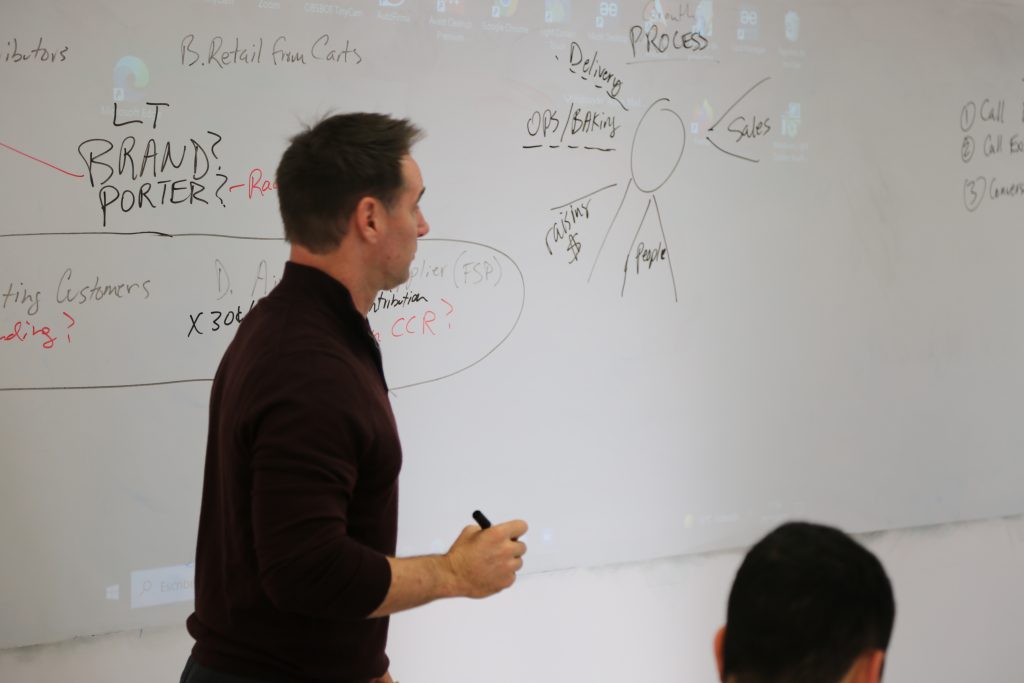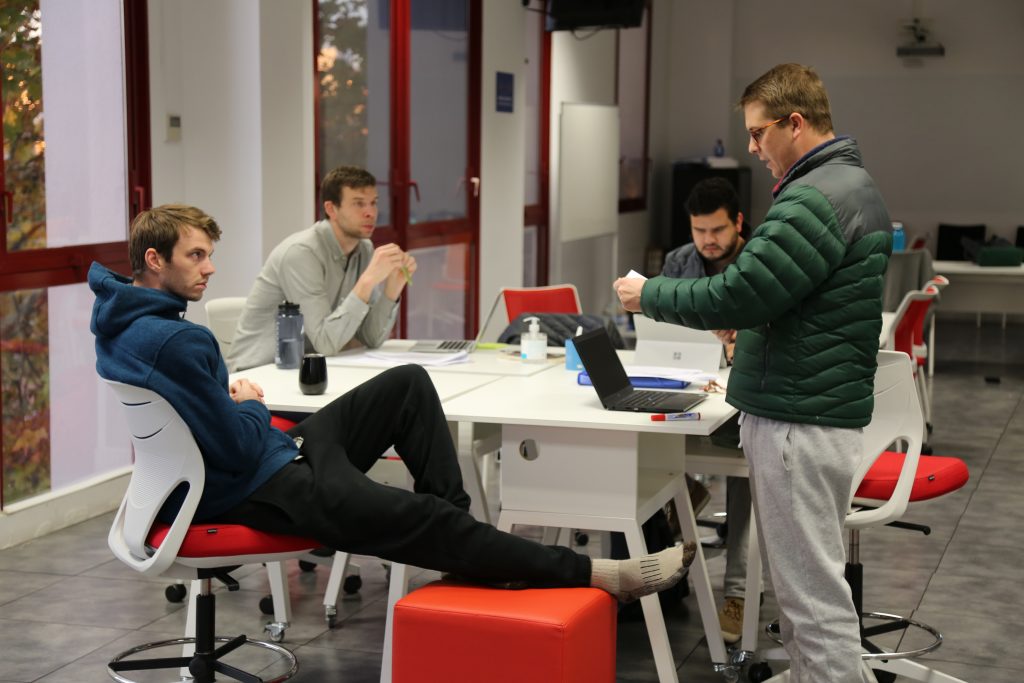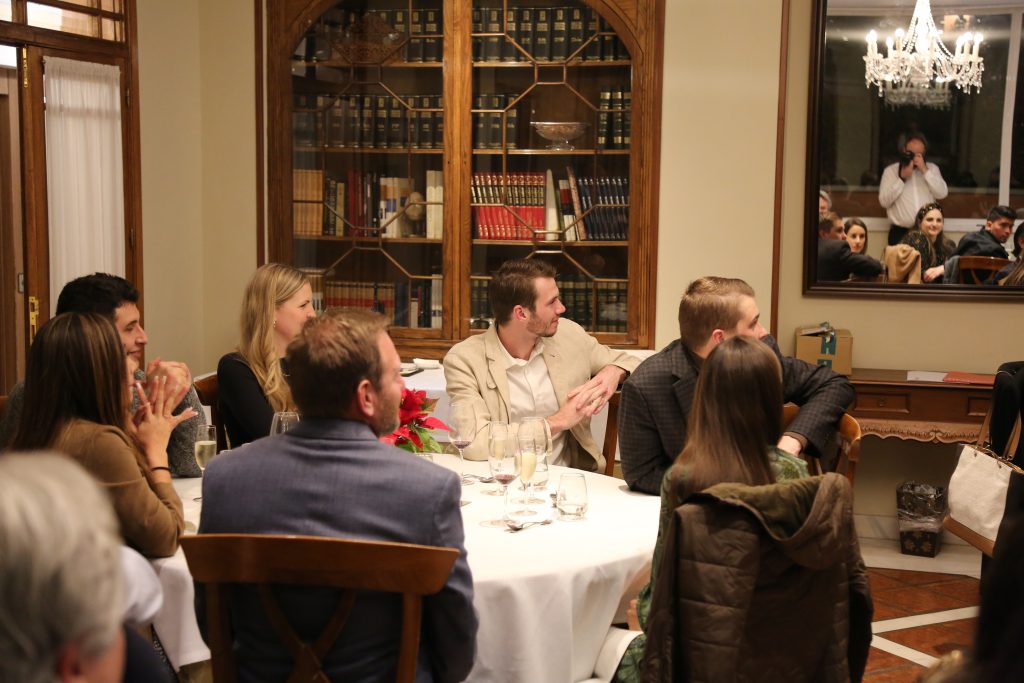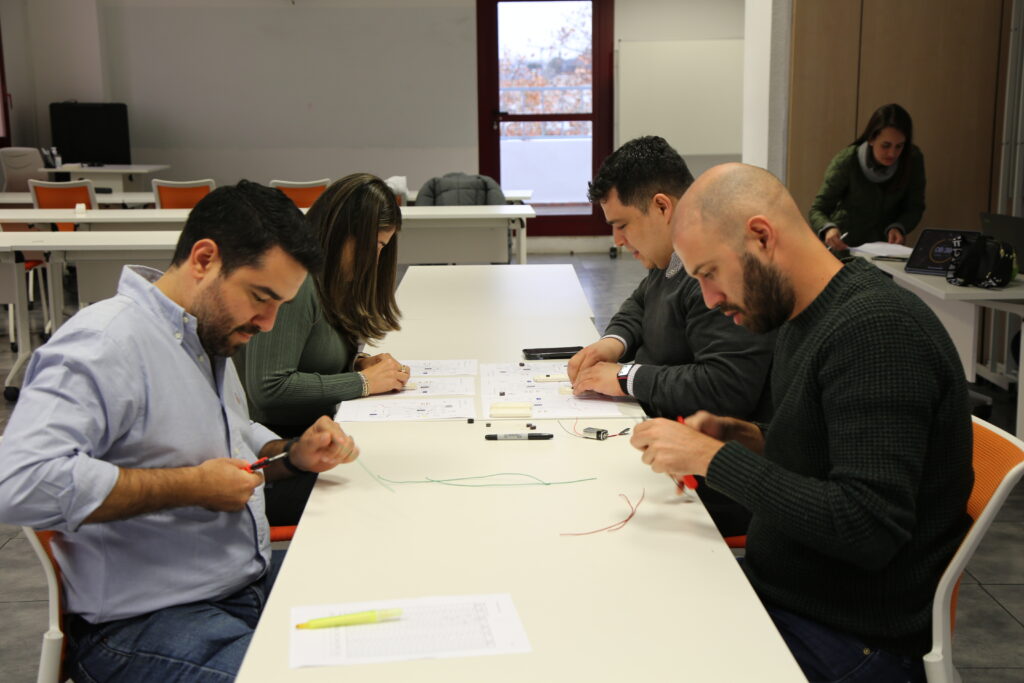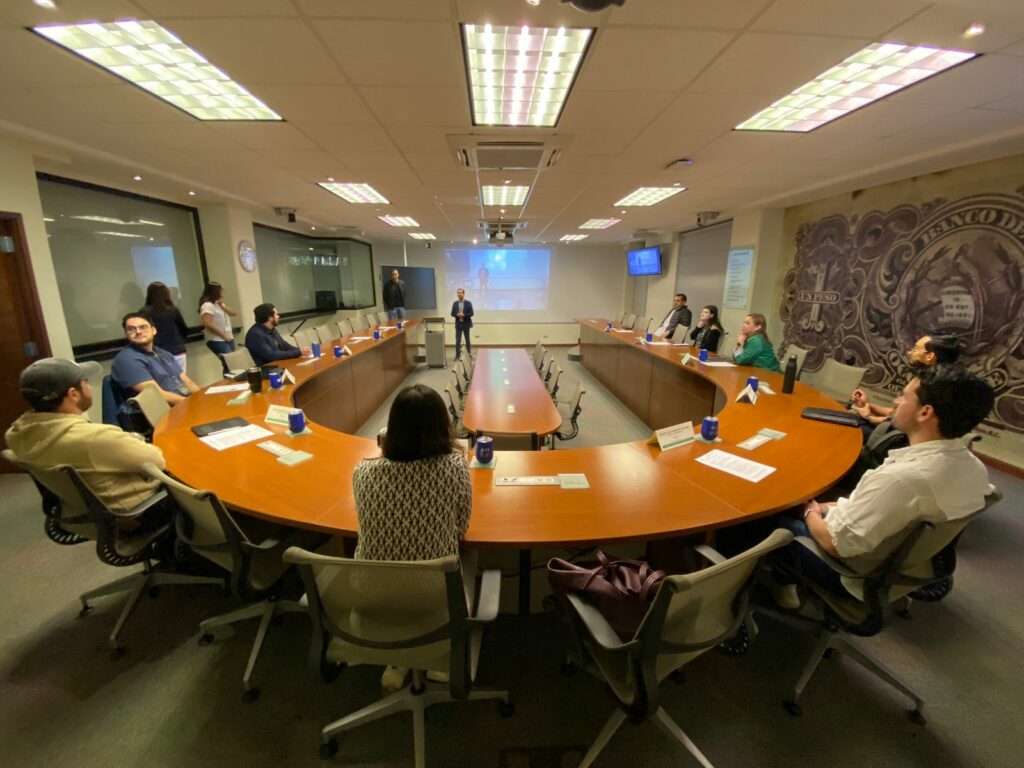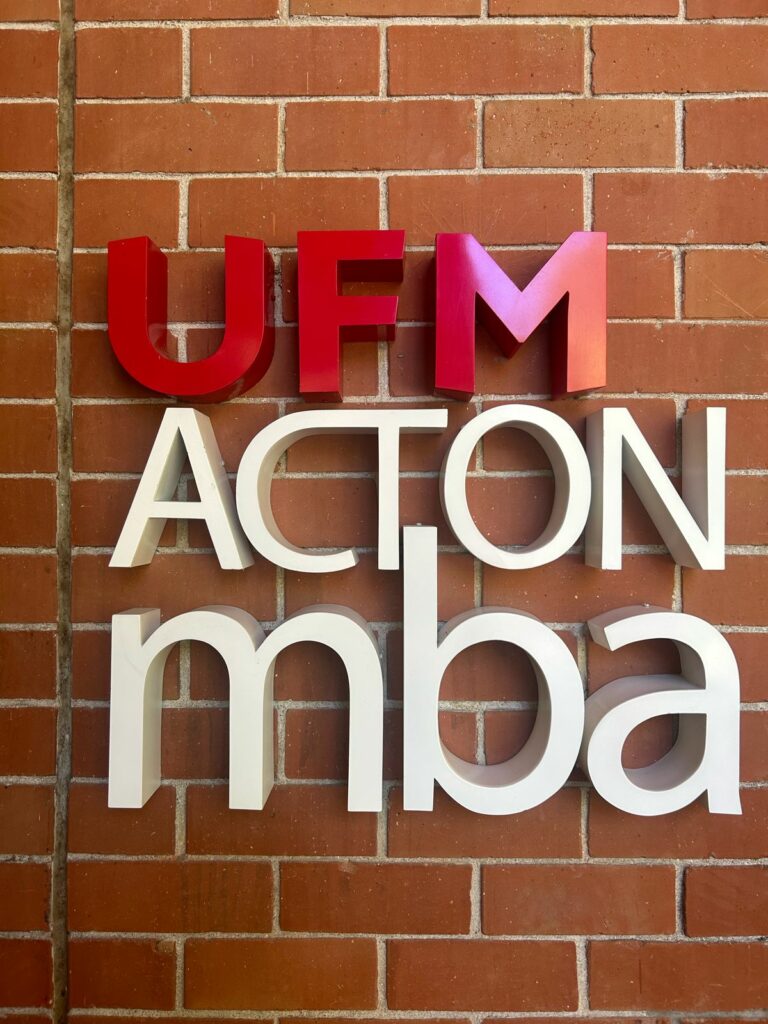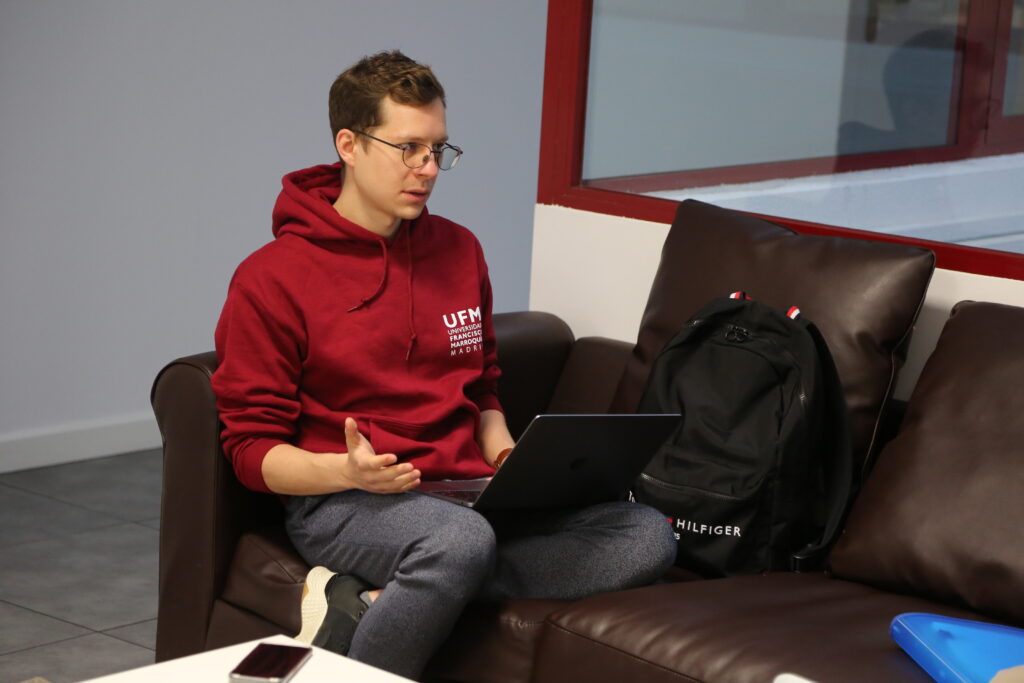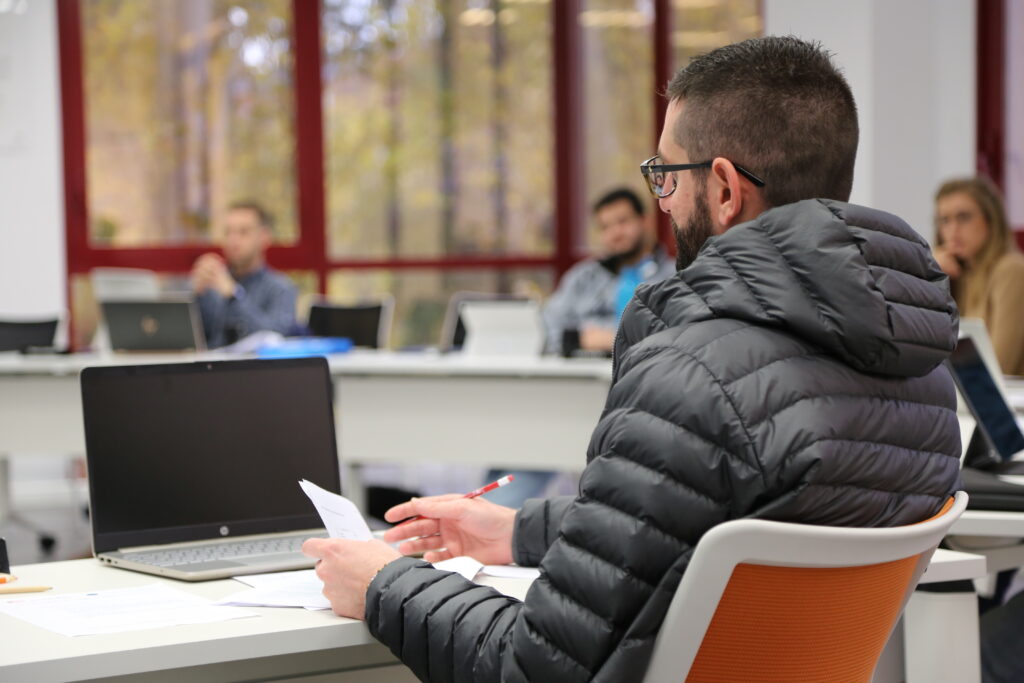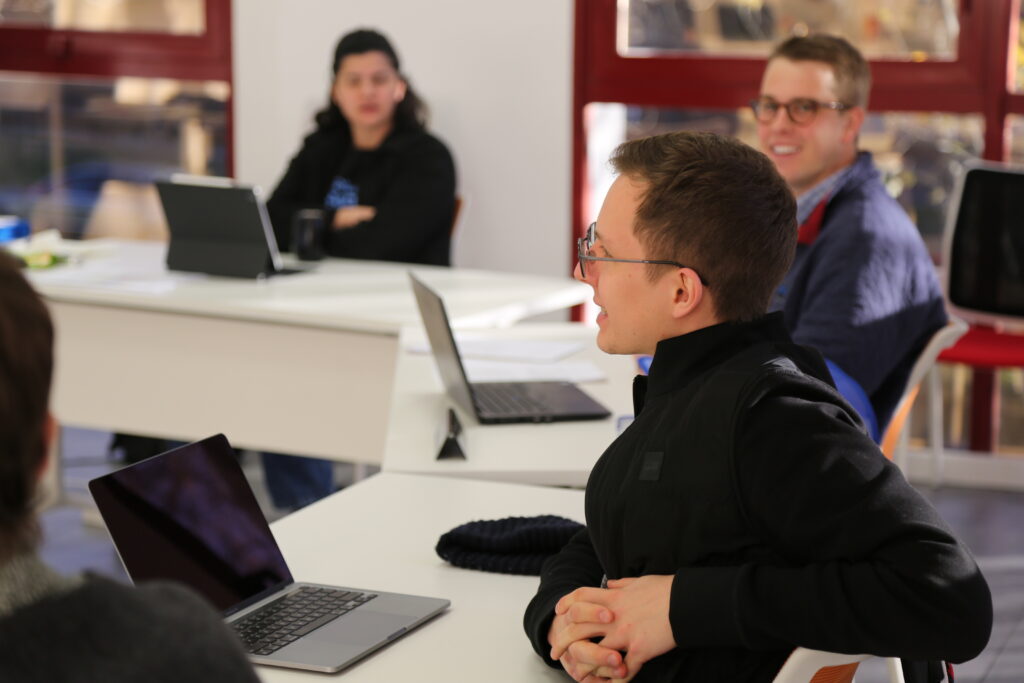The Value of Trial and Error in Entrepreneurship
OCTOBER 26, 2016
It often seems that entrepreneurship is almost solely about entrepreneurial lottery winners—diving into the sexiest new industry, betting big, and finding billions of dollars and instant fame.
One of the biggest challenges for new entrepreneurs (and even many experienced entrepreneurs) is overcoming their fear of failure.
Obviously, no one wants to fail, no matter the stakes, but could there in fact be a right way to fail? One that lessens the fear and increases the learning?
Beneficial failure, the kind that teaches you along the way, requires a trial-and-error approach, where you make small, increasingly informed bets until you’ve learned enough to seize a larger opportunity.
If you move forward with this mindset, and understand that failing early, cheaply, and often can actually mitigate risks when you’re ready to move on to bigger opportunities, you’re off to the races.
This kind of trial-and-error approach tackles the fear of failure head-on and makes much more sense than making big bets with your (and other people’s, if you have investors) time, money, and reputation, and simply hoping for the best.
Playing the Lottery and Playing Poker
It often seems that entrepreneurship is almost solely about entrepreneurial lottery winners—diving into the sexiest new industry, betting big, and finding billions of dollars and instant fame.
Playing the lottery is for suckers. Sure, occasionally there’s a big winner, but the odds are way against you, even before you start. There are alternative ways to make a wager, though.
That’s why thinking about entrepreneurship as more of a poker game than a lottery may be a helpful way to reframe your approach to risks.
In poker, you don’t begin with a large, high-risk bet; you start with a small ante. If you get a poor hand, you fold and wait for another chance.
Most importantly, over time you learn to anticipate the moves of your competitors and see opportunities that you wouldn’t have before. Play long enough, and you’ll take home a big pot and minimize the risk for yourself.
Poker is all about the skillful use of trial and error: betting more on better hands, folding when the odds are against you, and paying just enough to see the next card. This process of staging risks through trial and error is actually proven to be mathematically superior.

